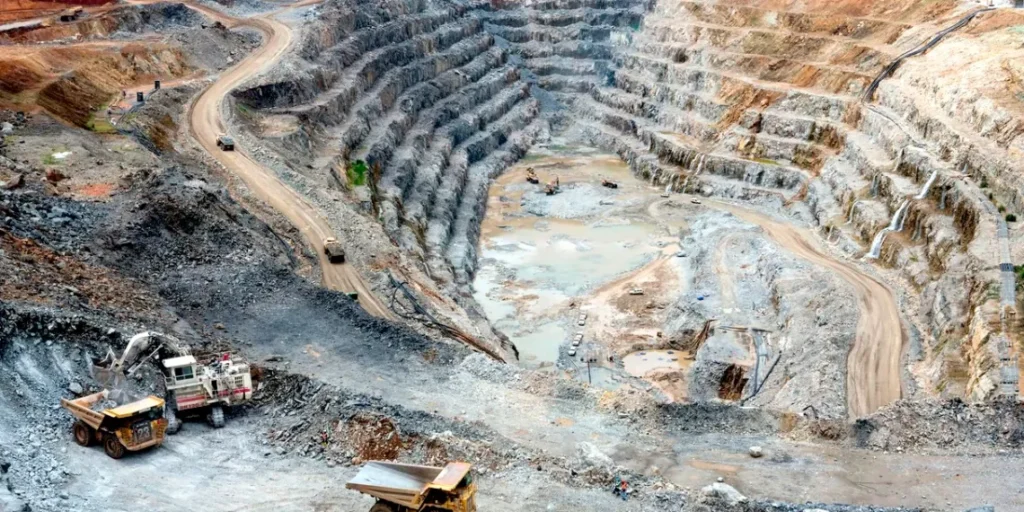
By Ken Koutchakpo
As South Africa moves toward a low-carbon future, communities most affected by the extractive economy demand to be included in the transition.
On Monday, 12 May 2025, the Sekhukhune Combined Mining-Affected Communities (SCMAC), in partnership with 350Africa.org, Ahinasa, and the Centre for Applied Legal Studies (CALS), launched a new case study: “Concrete Models Of Socially-Owned Renewable Energy (SORE): The case of Sekhukhune Combined Mining Affected Communities.”
The report is both a call to action and a blueprint for change, challenging extractive energy models and foregrounding the role of social ownership in ensuring a just, inclusive and equitable energy future.
For decades, mining-affected communities in regions like Burgersfort within the mineral-rich Bushveld Complex have borne the brunt of South Africa’s mining and mineral energy economy. These communities have faced land dispossession, environmental degradation, pollution and widespread socio-economic exclusion – often without seeing any meaningful benefit from the wealth extracted around them.
Despite provisions in the Mineral and Petroleum Resources Development Act (MPRDA) obligating mining companies to contribute to local development through social and labour plans (SLPS), compliance has been minimal. Community members continue to endure human rights violations and have limited access to basic services, job opportunities or infrastructure.
With the closure of coal mines now underway and global demand rising for transition minerals, mining-affected communities face yet another wave of uncertainty and possible exclusion. Without intentional, community-led planning, the risk of an unjust transition will simply perpetuate the exploitation and neglect of mining-affected communities – this time under the banner of “going green.”

The case study presents a viable alternative: a community-led, socially-owned renewable energy model that restores agency to communities by enabling them to shape and benefit directly from their local energy systems. It explores the viability of solar mini-farms and other decentralised energy solutions as catalysts for economic regeneration, energy access, skills development, and long-term community resilience.
The report also outlines the role of Eskom and other public institutions in enabling and supporting this shift, aligning with the broader vision of a Green New Eskom that is accountable, decentralised and committed to public benefit.
Key recommendations from the report include public financing and enabling legislation to support socially owned renewable energy projects in mining-affected communities; mandatory investments by mining companies into community-led transition projects, as part of their social development obligations under the MPRDA; and strengthened regulatory frameworks and transparent mechanisms to support procedural and distributive justice.
Other recommendations are capacity-building, training, and feasibility studies to ensure local ownership and long-term sustainability, and the recognition of community-defined energy solutions within national Just Transition frameworks and climate policy.
“The findings affirm what communities have long stated: a just transition must be just. It must include redistribution of power and resources, and repair the historical harms caused by a mining economy rooted in colonialism and apartheid. It must centre those who have been excluded, dispossessed, and harmed and give them a meaningful say in shaping South Africa’s energy future,” said Robert Krause, Researcher and Acting Head of Programme: Environmental Justice at CALS.
“Too often, decisions are made about our future without our input,” said Katlego Malesa, SCMAC spokesperson. “This report is proof that we have the knowledge, the vision, and the will to lead our own transition. What we need now is investment, policy support, and real accountability.”
The full report, presented by community leaders, policy experts, legal practitioners, and renewable energy advocates who earlier today discussed its implications and the broader campaign for social ownership of renewable energy, can be downloaded here.












